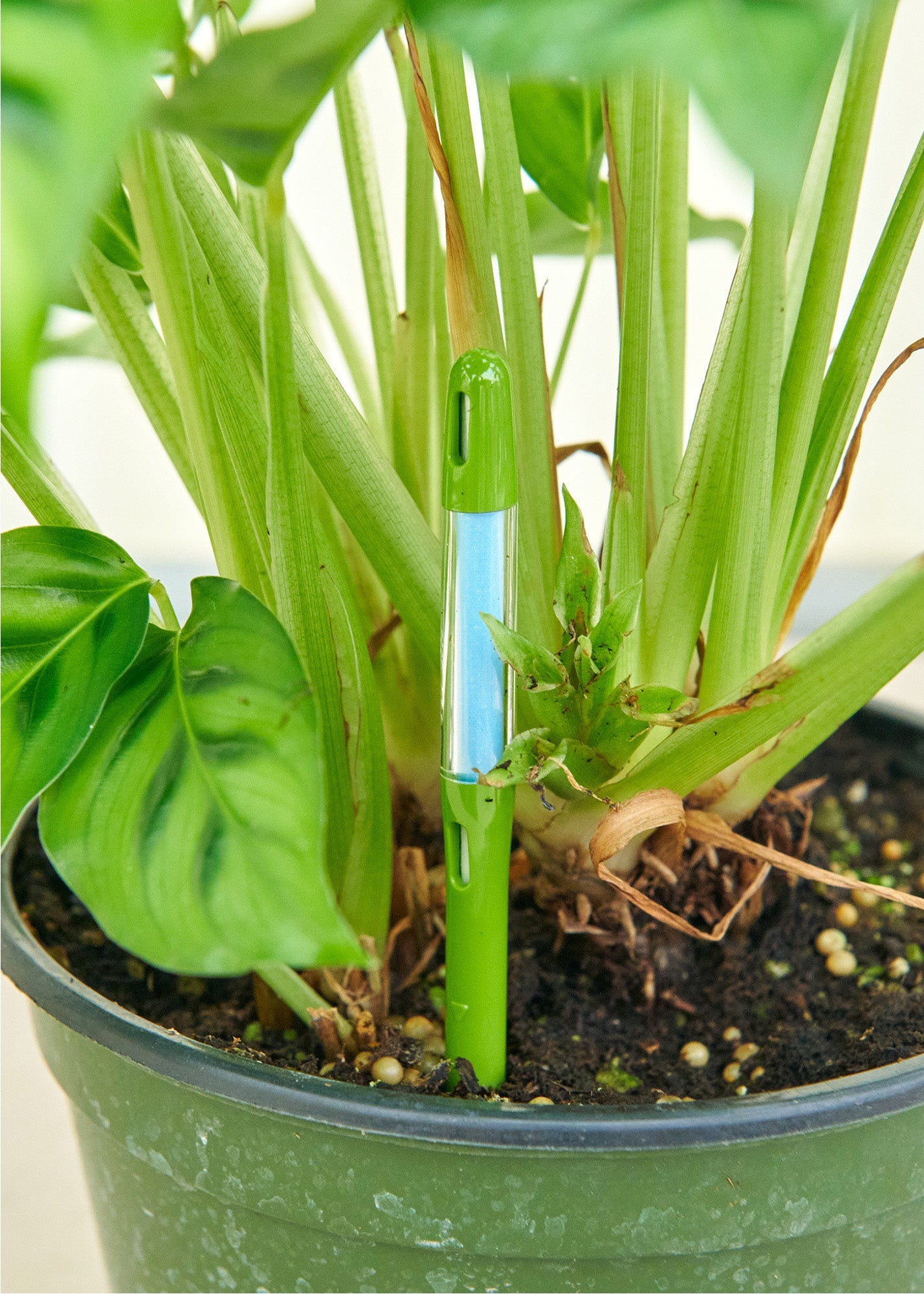The Ultimate Guide to Moisture Meters: A Comprehensive Review and Exactly How They Can Save You Cash
In the world of building upkeep, construction, and numerous markets, the importance of properly gauging moisture levels can not be overstated. Dampness meters work as important devices in identifying and checking moisture material in materials, aiding in protecting against costly problems and ensuring the top quality of products. Recognizing the nuances of various kinds of moisture meters, their applications, and the prospective cost-saving advantages they use can be a game-changer for specialists and businesses alike. Finding how these gadgets can not just enhance processes however also add to economic savings is a journey worth starting.
Kinds Of Wetness Meters
One typical type is the pin-type wetness meter, which measures the electrical resistance in between 2 pins placed into a material. Pinless moisture meters, on the other hand, use electromagnetic sensing unit plates to check a bigger location without creating damages to the product's surface.

Infrared moisture meters determine the thermal residential or commercial properties of a product to determine its wetness web content non-invasively, making them beneficial for applications where pin or pinless meters might not be suitable. Recognizing the various kinds of moisture meters available can aid industries select the most ideal tool for their particular dampness dimension demands.

Advantages of Using Dampness Meters
Moisture meters use important benefits in properly checking and assessing moisture levels in varied products and environments (Moisture Meter). One of the key advantages of using moisture meters is the prevention of prospective damages brought on by excess wetness. By identifying and addressing high moisture levels early, dampness meters aid to avoid mold development, rot, and architectural damages in structures, conserving both time and money on repairs. In addition, wetness meters help in making sure the top quality of materials during construction or manufacturing processes. By precisely measuring wetness material, these devices help preserve the stability of timber, drywall, concrete, and various other materials, decreasing the risk of failures or problems.
In addition, using wetness meters can lead to increased energy performance. In farming settings, wetness meters play an essential function in maximizing crop returns by making it possible for farmers to check soil wetness degrees and make informed irrigation choices.
How to Select the Right Moisture Meter
Picking the suitable dampness meter involves thinking about vital factors such as product compatibility, measurement range, and calibration accuracy. When choosing a moisture meter, it's crucial to make sure that the meter appropriates for the particular material you will be screening. Various products have differing electrical buildings that can affect moisture readings, so selecting a meter developed for your material is vital for accurate results. Additionally, consider the measurement range of the wetness meter. Guarantee that the meter can detect wetness levels within the range required for your applications. Calibration accuracy is another critical factor to remember. Choose a moisture meter with reputable calibration to make sure constant and accurate analyses. Some meters might need regular calibration adjustments, so understanding the calibration process is essential. By meticulously reviewing these variables, you can pick a wetness meter that satisfies your needs and gives accurate dampness dimensions for your jobs.
Appropriate Techniques for Dampness Meter Usage

Expense Cost Savings Through Moisture Meter Applications
How can the strategic utilization of dampness meters bring about substantial price financial savings across various industries? Dampness meters play a crucial duty in price savings by avoiding potential damages and making sure quality assurance in different fields. In the farming market, moisture meters help in figuring out the optimum time for collecting crops, avoiding over-drying or excess dampness that can affect the final item's high quality. This exact tracking helps farmers avoid unnecessary losses and maximize their yield.
In a similar way, in building and construction, dampness meters aid avoid pricey damages by detecting moisture levels in building materials, such as timber or concrete, which can lead to structural problems otherwise addressed immediately. By identifying problem areas at an early stage, contractors can take restorative actions to prevent comprehensive fixings or substitutes, eventually saving time and money.
Furthermore, in the food handling industry, wetness meters are important for keeping track of item high quality and ensuring conformity with security laws. By accurately measuring moisture content in food, suppliers can prevent perishing, preserve quality, and lower waste, causing considerable price financial savings. Generally, the strategic application of moisture meters is a valuable investment that can lead to significant cost reductions and boosted efficiency throughout i loved this various industries.
Conclusion
Finally, moisture meters are beneficial devices for determining and identifying wetness degrees in numerous materials. By utilizing the right moisture meter and complying with correct techniques, individuals can efficiently avoid costly problems triggered by excess moisture. Spending in a quality dampness meter can result in considerable price savings in learn this here now the future by recognizing potential problems early and enabling prompt remediation. Ultimately, dampness meters are crucial tools for keeping the stability and long life of materials and frameworks.
Moisture meters serve as important tools in finding and monitoring moisture material in materials, assisting in avoiding expensive problems and guaranteeing the quality of items. Infrared dampness meters gauge the thermal properties of a material to determine its wetness web content non-invasively, making them valuable for applications where pin or pinless meters might not be ideal.Wetness meters use very useful advantages in properly keeping track of and evaluating dampness degrees in varied products and environments. In farming settings, wetness meters play a critical here role in enhancing crop yields by making it possible for farmers to monitor soil wetness levels and make informed irrigation choices.In conclusion, moisture meters are valuable tools for measuring and detecting wetness levels in different products.